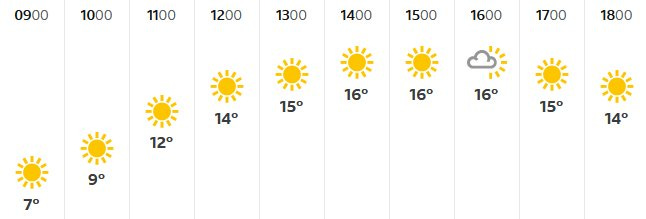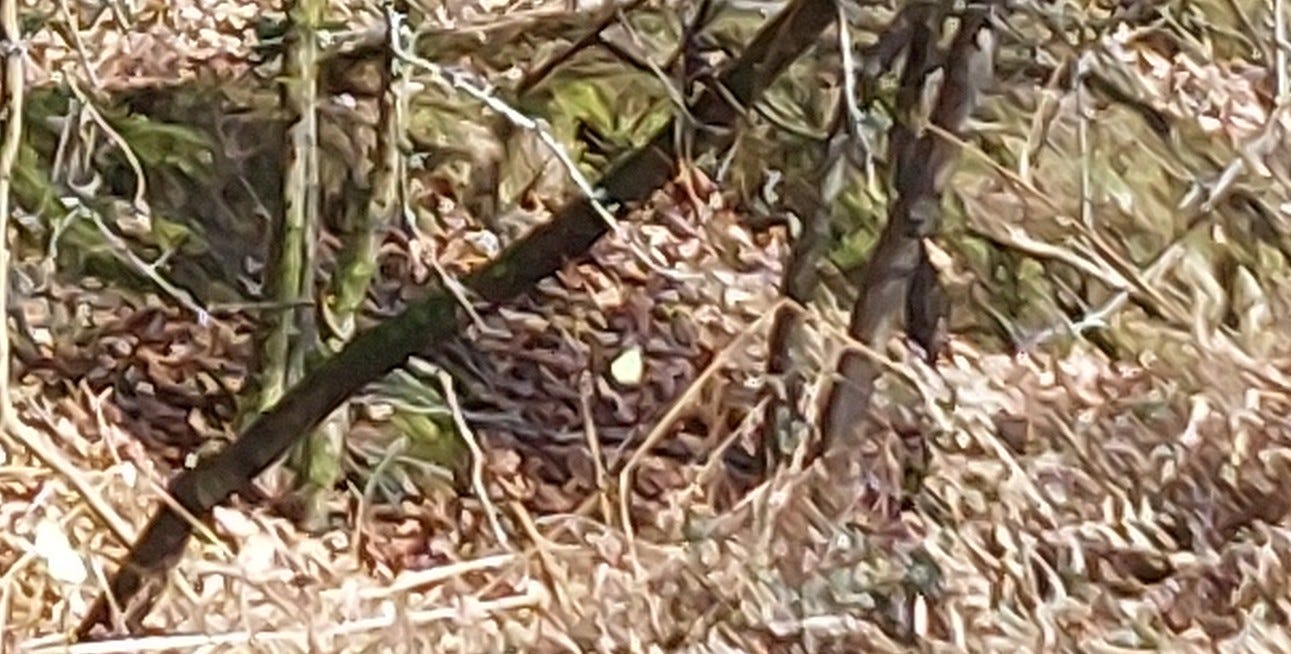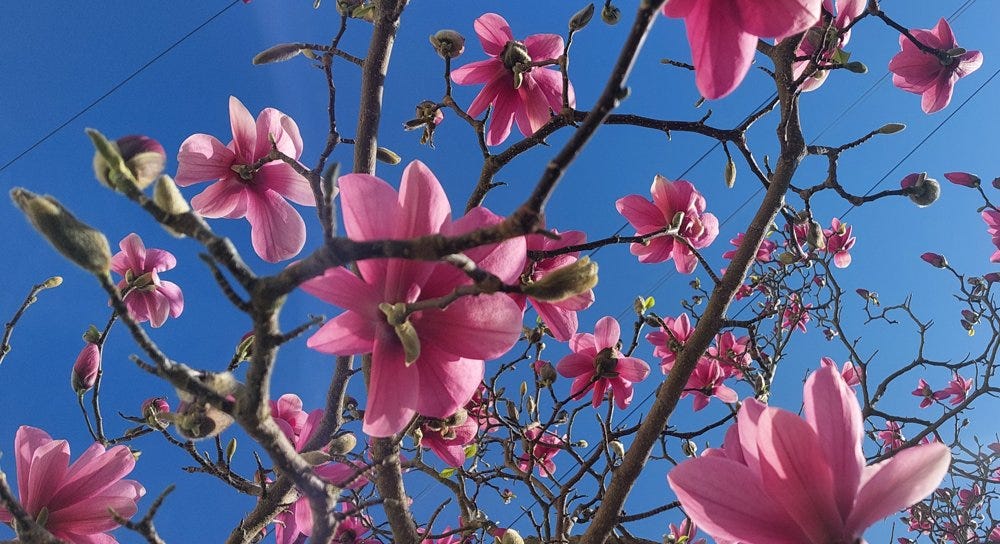The Scent of a Thousand Miles
Someone cried out — ‘Brimstone!’ — and in a moment I know more than I ever knew. The logic of the universe was revealed.
Happy Feels Like Friday!
And a warm, very warm welcome from the Palace!
Last weekend, driving home from the Lake District, I was introduced to a 2021 episode of This American Life: a whole hour devoted to embarrassing stories.
They’re not always just little moments – funny, daily stuff that we laugh about later. Some can change you for the rest of your life.
Hilarious. Encringing1. Profound.
Listening to this podcast, and swapping tales with my co-driver, I started a little prompt card of stories that never fail to delight.
Should you ever wish to amuse or entertain on a long drive, I recommend you delve into the following categories from your autobiography:
Embarrassing yourself in public.
Astounding coincidences, like when my girlfriend went to stay with a friend in Yorkshire and discovered that their neighbour was my uncle. 🤯
A subset of #1, but deserves its own category: shitting yourself.

Anyway. Today’s story is none of those things.
For those of you new around these parts, welcome 👋 My name is David and I’m a writer, outdoor instructor, cyclist-at-large with Thighs of Steel and Expeditions Manager at British Exploring Society.
In this newsletter, I write stories that help you and me understand the world (and ourselves) a little better.
Sometimes, like all humans, I find myself hilariously covered in my own excrement.
The Scent of a Thousand Miles
Someone cried out — ‘Brimstone!’ — and in a moment I know more than I ever knew. The logic of the universe was revealed.
What to me looked like a scrap of yellow plastic blowing in the wind was in fact a brimstone, named for sulphur, the first butterfly of spring. The original ‘butter-coloured fly’.
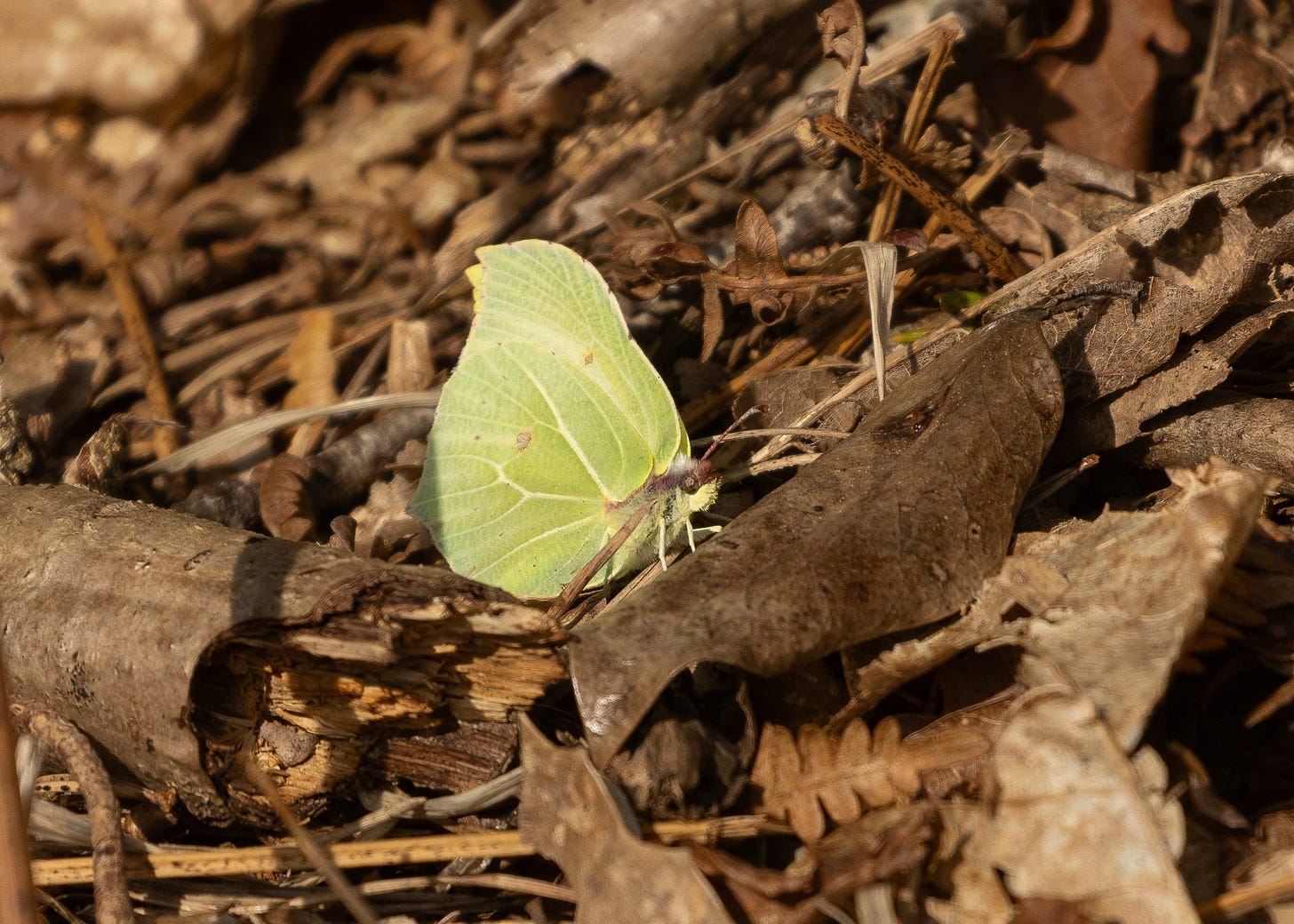
I was on a Wild New Forest guided walk with my dad and we had barely left the car park, seeing with new and noticing eyes, relishing two hours wandering barely two miles.
Here is a short list of some of the wildlife we encountered:
Buzzard, stonechat, chiffchaff and siskin.
Skylark and meadow pipit, side by side, singing and parachuting a-merrily.
Lesser spotted woodpecker (scarcer with softer, longer drumming) and great spotted woodpecker (common with louder, shorter drumming).
Teeny tiny eyelash fungi (on horse poo), yellow brain jelly fungus (on gorse) and gorse mites (on gorse).
Butchers broom (antibacterial, good for cleaning butchers’ blocks).
Comma (not a , a butterfly).
Goshawk, rockstar of the forest, flying low over the canopy, hunting for prey, or perhaps adolescent play.
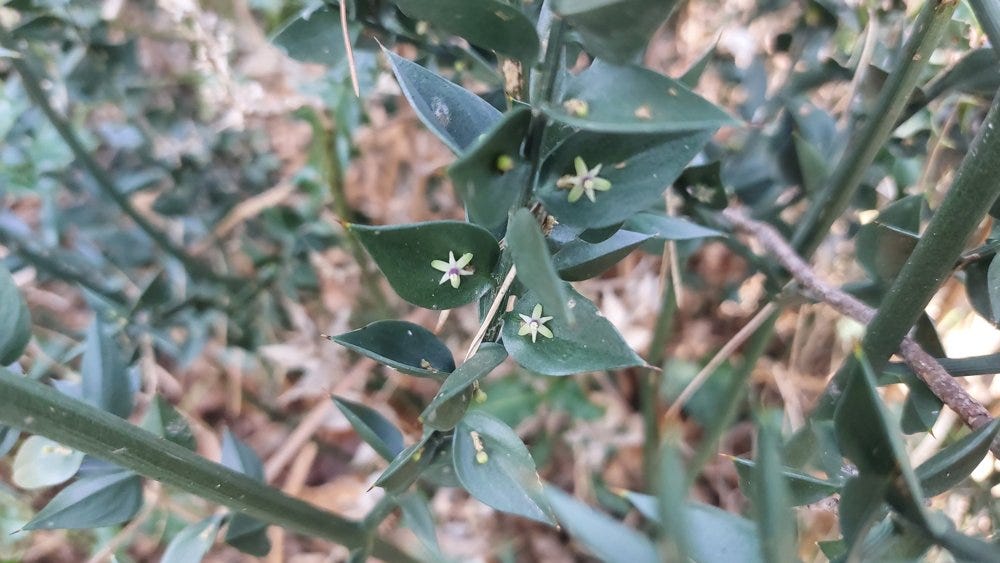
Most of the fourteen names on that list stretch me far beyond the limits of my awareness.
I know that there exists a bird species they call ‘siskin’, and they told me once or twice that we were in the presence, in the soundscape, of one siskin in particular — but I couldn’t pick out a siskin from a lineup, nor from a ten second intro in the music round of a natural history quiz.
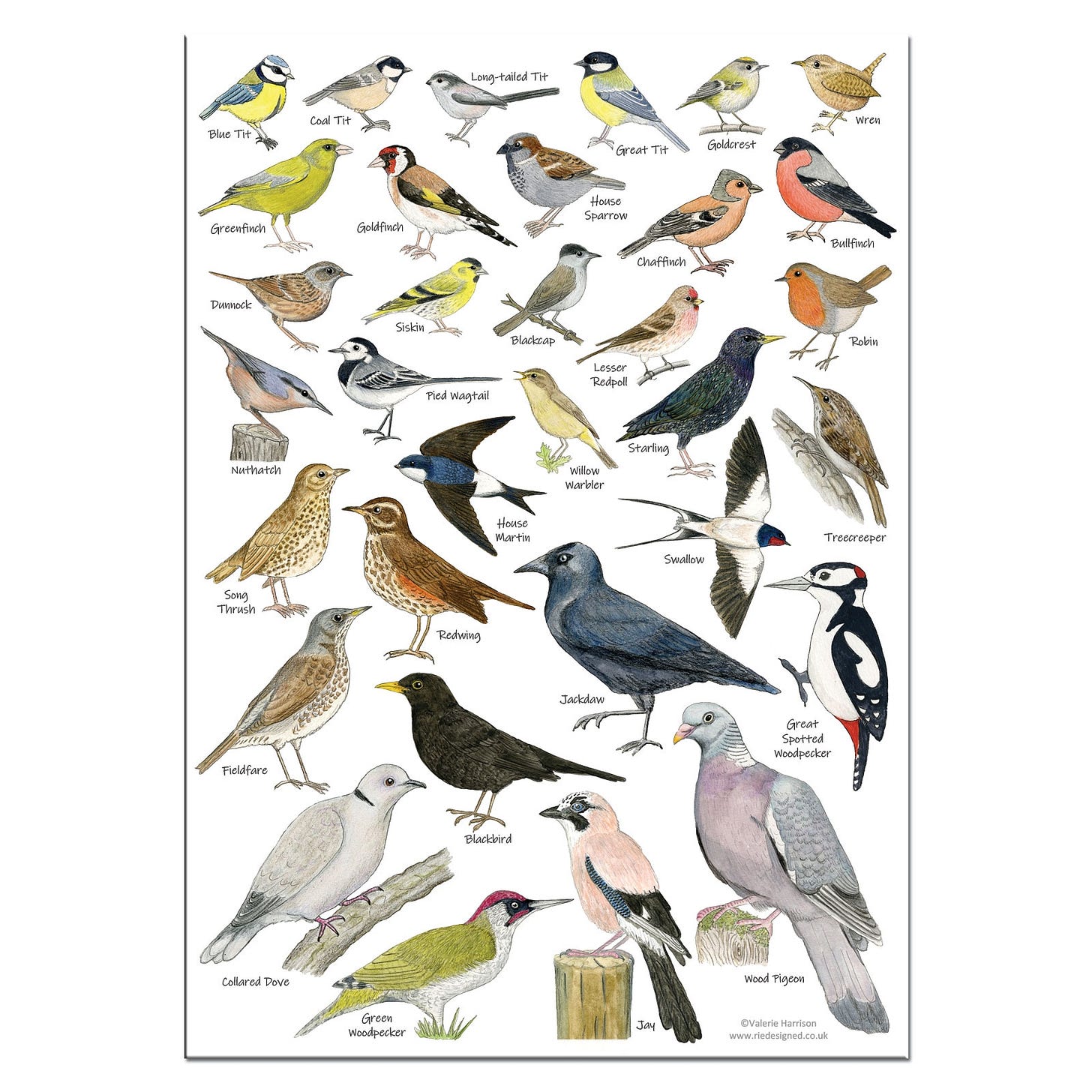
I am at my limit today, merely proud to have recognised the goshawk on its third pass over the trees, when others missed him (I think it was a him — smaller and more timid than the dominant female).
One thing I did not notice: crows. In the forest, crows and rooks and pigeons and other wildlife of the city were prominent by their absence.
The moment my dad and I took to the motorway: there they were again, dive-bombing empty chip wrappers, scrapping on the gutters.
Where did that burst of forest diversity go?
Not for the likes of us.
I returned to London disheartened, feeling a long way from the sunny-sandy heathlands, where the adders would be sloughing off their winter-hardened skin.
Walking to work, Monday morning, running on time to late. I passed two French women huddled over a nondescript bush in a corner of Hyde Park.
Curious at what they’d found, I made sure to eavesdrop.
‘Ahhhh!’ one of them gasped, ‘Ça sent très bon!’
Her friend inhaled the proffered flower scent, practically transported with pleasure: ‘Les fleurs! Jolies, eh?’
Being thoroughly British (and late for work), I left les dames gathered at their altar — but I made sure to note the location of this wondrously scented bush and returned the next day with camera and plant identification app in hand, nostrils a-quiver.
Reader: I was not disappointed. Behold the winter daphne!
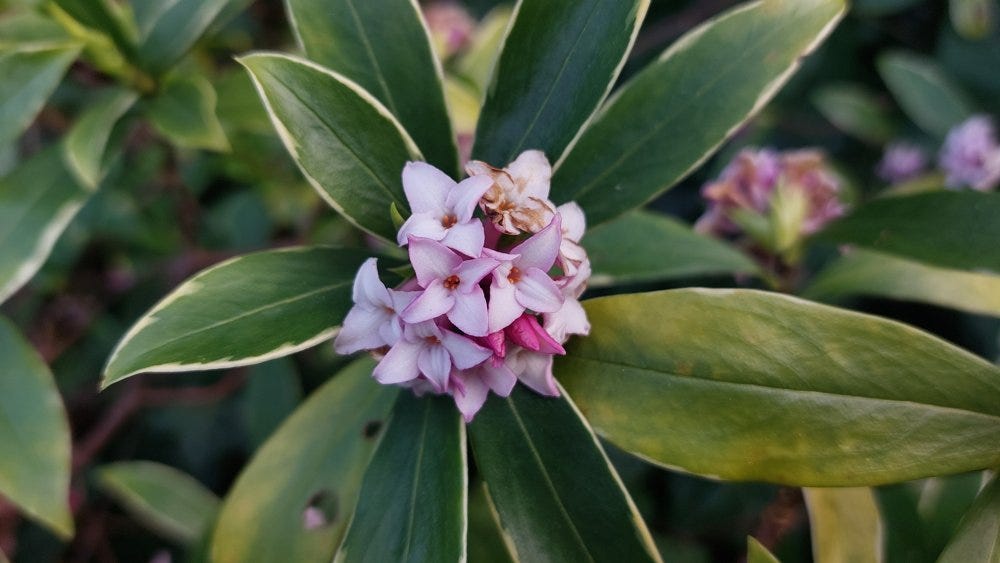
As I continued my pavement walk, I noticed that a light dusting of the sparkle from Sunday’s forest walk lingered with me, even amid the grime of the City.
A woodpecker hammered unseen from the top of the London plane in a pocket park hemmed by parked cars. Blossom dripped from street cherries and crocuses exploded up from any scrap of grassy soil.
Over 14,000 different species of plants, animals and fungi have been recorded in London.
The list of New Forest wildlife that I wrote earlier had fourteen species on it. London is home to at least ONE THOUSAND times more.
I still have so much to discover here — yes, even here, even here, and why not here?
Especially here, on my doorstep, with the magnolia.
Three Tiny Big Things
1. The Sound of Freedom – The Role of Music in Political Change
Part of intangible history, music has long played an important role in historical events. Long a tool of protest, thousands of songs across the globe take aim at repression and authoritarianism and have done so for centuries.
From Chile to Russia, Serena Jampel looks at seven songs that started a revolution. And not a Dylan song in earshot.
2. I Took My Work Outside Every Day for a Month This Winter. Here’s What I Learned.
On one hand, it feels a little crazy to be out here, tippity-tapping away on my laptop, sipping tea, sticking my hands in my pockets, listening, watching the morning shadows shorten. But on the other hand, nothing feels more natural than being under the actual sky, not a ceiling, and feeling actual fresh air, not the stuffy indoor canned variety.
3. One of a small handful of rainforest nations on Earth
The Woodland Trust are using 110kg drones to dump 75,000 seeds onto Bodmin Moor in an attempt to re-establish temperate rainforest.
Rainforest once covered 75 percent of Devon and Cornwall but we have lost 90 percent of it. These are among the most threatened ecosystems on Earth. They are biodiversity hotspot, home to over 2000 species of lichen. Sadly, rainforests cover just one percent of the Earth’s land surface, and we are one of only a small handful of rainforest nations left on Earth.
Thank You
Huge thanks to all the paying subscribers who helped make this story possible. You know who you are. Thank you. 💚
If you enjoyed this one, then go ahead and tell me. It’s the only way I’ll know. You can tap the heart button, write a comment, share the newsletter with friends, or simply reply to this email.
If you’re not into the whole Substack subscription thing, then you can also make a one-off, choose-your-own-contribution via PayPal. That’d make my day.
As always, thank you for your eyeballs and thanks for your support.
diwyc,
dc:
Neologism alert! I can’t think of any existing word that describes something that makes us cringe. Can you?



